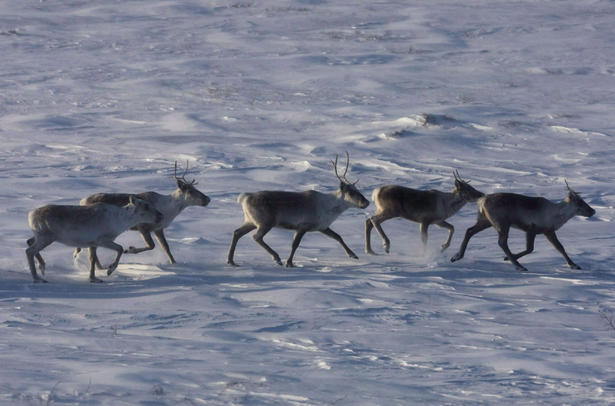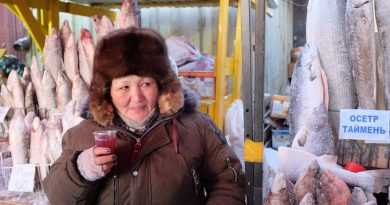Missing Canadian caribou herd never ‘lost’ in the first place
 Almost missed this story from last week
Almost missed this story from last week
You’ll remember a few years ago, the fate of Canada’s Beverly caribou herd was big news.
The once thriving herd of 276,000, that roamed from Canada’s northern prairies to the country’s northern territories was said to have dwindled to what scientists called alarming numbers.
A survey released at the time suggested that the number or caribou cows visiting the herd’s traditional calving grounds had fallen 98 per cent in the previous 14 years.
Everything from climate change to other environmental factors were blamed for the decline.
But a recent study suggests that the herd was never lost in the first place, it had just moved – just as the region’s aboriginal elders had been suggesting all along.
John Nagy, the lead author of the study, is quoted by The Canadian Press last week saying herd size was previously based how many of the animals returned to caribou calving grounds.
But in fact, some caribou herds change their calving grounds, he says.
In the case of the Beverly herd, they’d merely changed their calving grounds from Baker Lake, in Canada’s eastern Arctic territory of Nunavut to the Queen Maud Gulf in the territory’s Far North.
To read the Canadian Press story, click here.
Related Links:
Beverly Caribou Herd, Government of Northwest Territories
Beverly and Qamanirjuaq Caribou Management Board, Official website
Write to Eilís Quinn at eilis.quinn(at)cbc.ca



